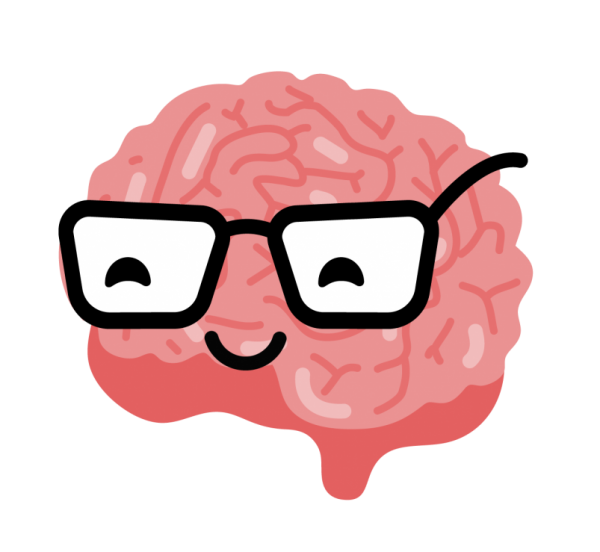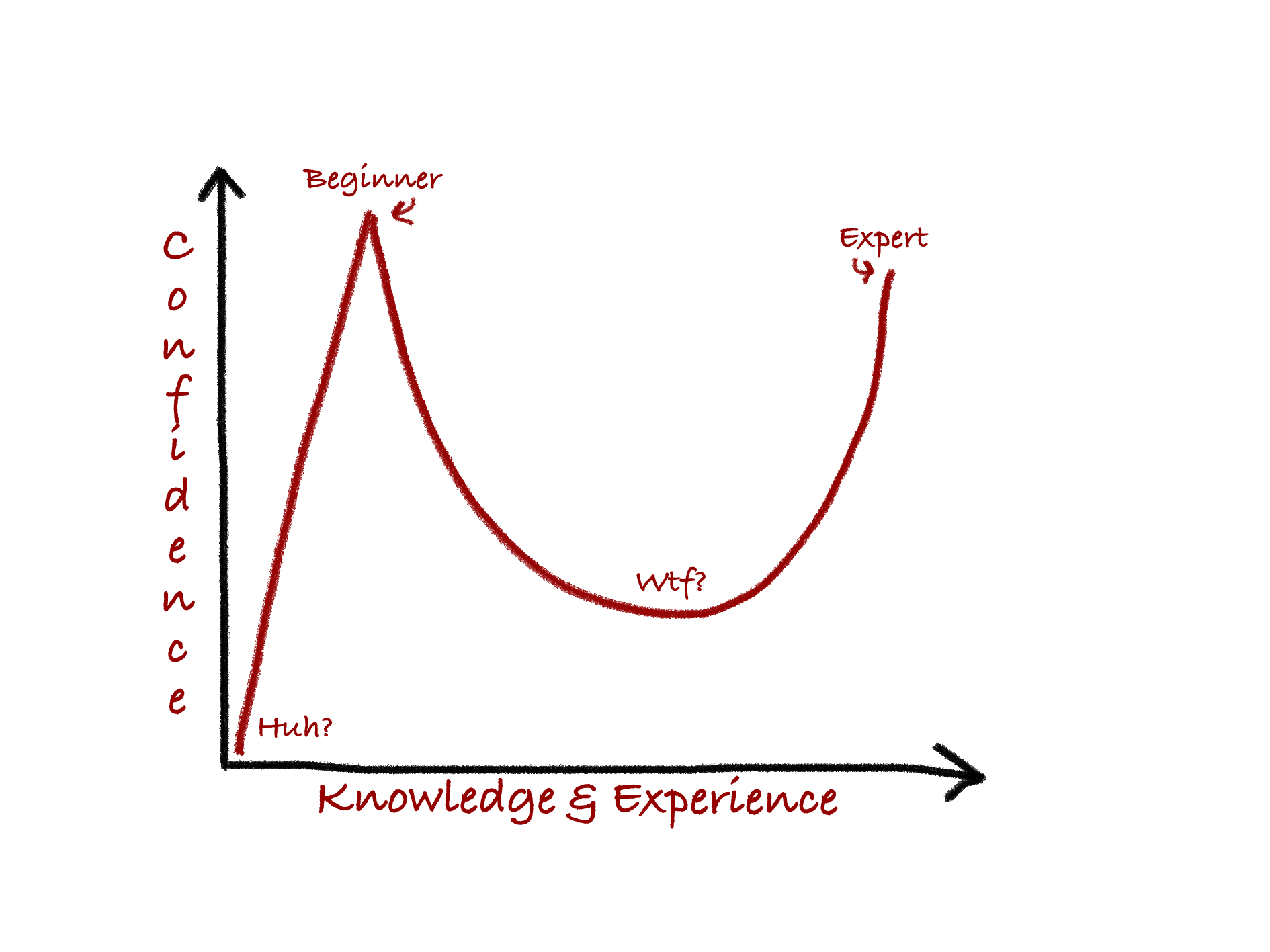Individuals tend to mistakenly assess themselves and their intellectual ability as better than it really is when learning something new.
Walking up to a Pittsburgh bank in broad daylight, a loaded gun in one hand, an empty bag in the other, McArthur Wheeler never presumed getting caught as he smiled at the surveillance cameras, clearly pointing his gun at the clerk. But when the city police handcuffed him, he surprisingly cried “I WORE THE JUICE!”
Wheeler’s case was studied by psychologists David Dunning and Justin Kruger and would lead to the phenomenon now called the Dunning-Kruger Effect. According to their findings, some individuals tend to mistakenly assess themselves and their intellectual ability as better than it really is. Have you ever scrolled through social media comments to find a 63-year-old trying to argue with recognized experts about climate change? Then, you understand the gist of it. Ok, boomer, am I right?
In Wheeler’s case, the burglar thought that drenching himself in lemon juice would make him invisible. After all, lemon juice ink remains invisible until heated up. Makes sense right…? I’ll let you be the judge of that.
Dunning and Kruger also developed a graphic to exemplify this effect. The vertical axis represents ‘confidence’ and the horizontal axis, ‘knowledge and experience.’ Dunning and Kruger found that beginners tend to consider themselves as experts, but then self-esteem drops drastically upon digging deeper into a subject, before slowly rising as that person actually becomes an expert. Yes, I’ve been personally affected by the effect in my first ever martial art class when I got knee kicked in the chest. Not cool, but I definitely deserved it.
Many experiments were conducted to evaluate people’s perceived skills. For instance, a group of professional comedians and another set of students were asked to rank jokes from one to 11. The rankings averaged at around eight on the chart, with the people showcasing the worst skills placing themselves in the 58th percentile, AKA better than 57 other people out of 100.
Now don’t get bummed out by thinking that being confident in your abilities means you’ll never be a successful human being. Just keep in mind to maintain a level head and remember what Socrates once said, “I know that I know nothing.”
Graphic by @sundaeghost





